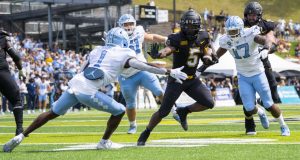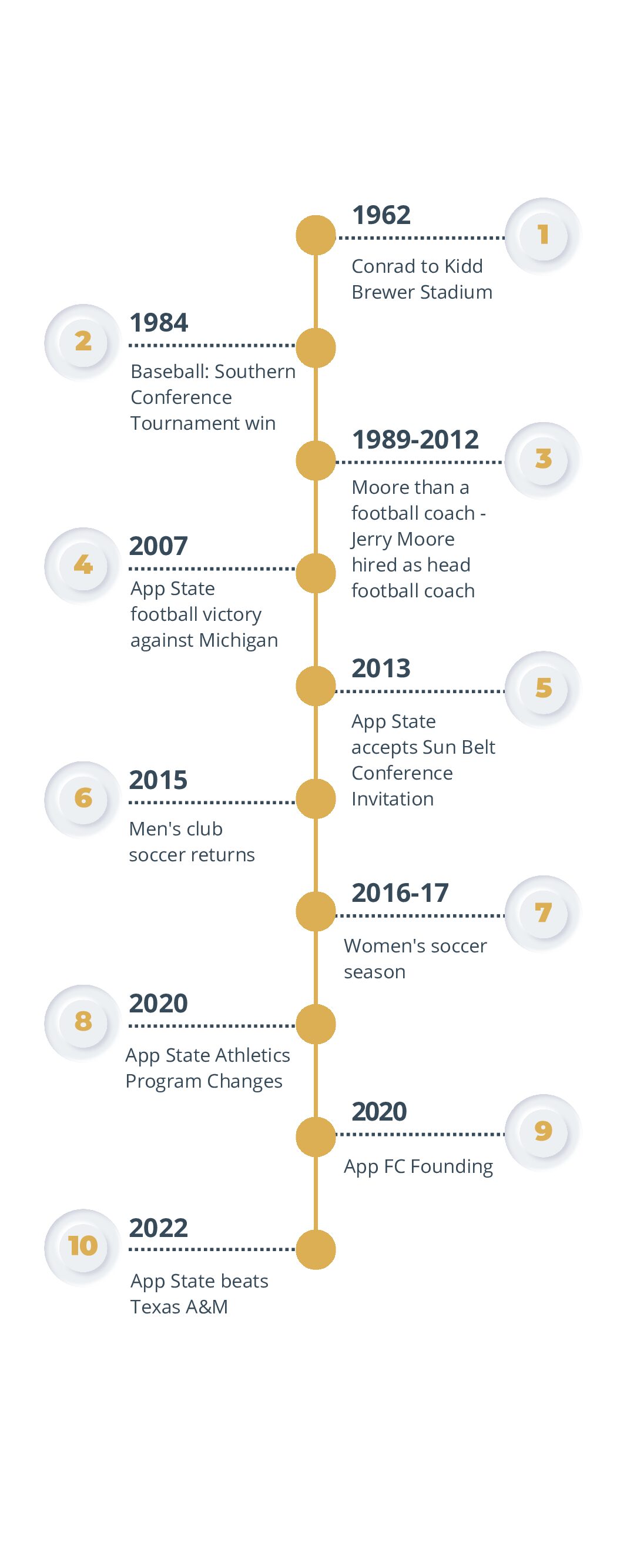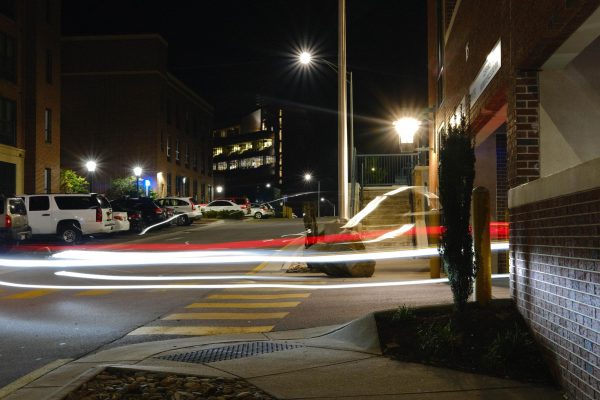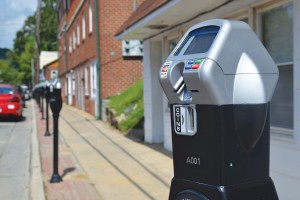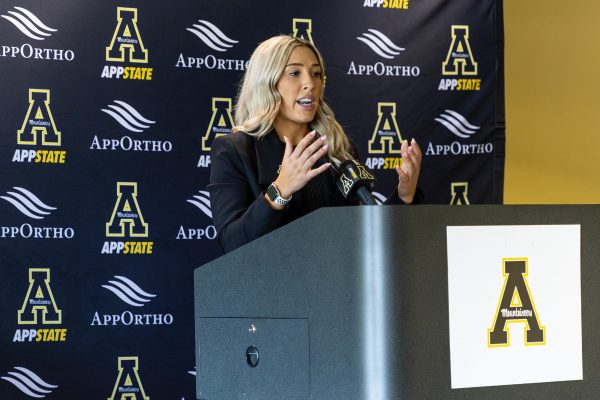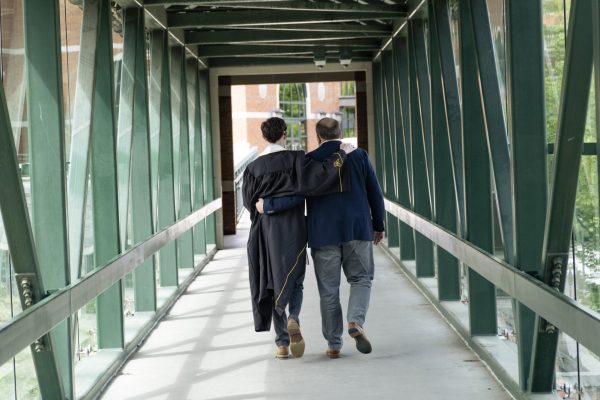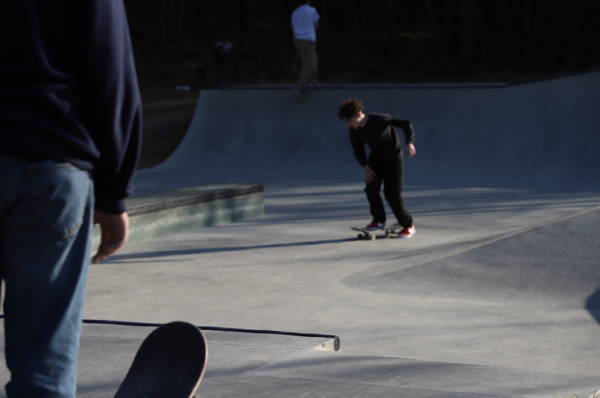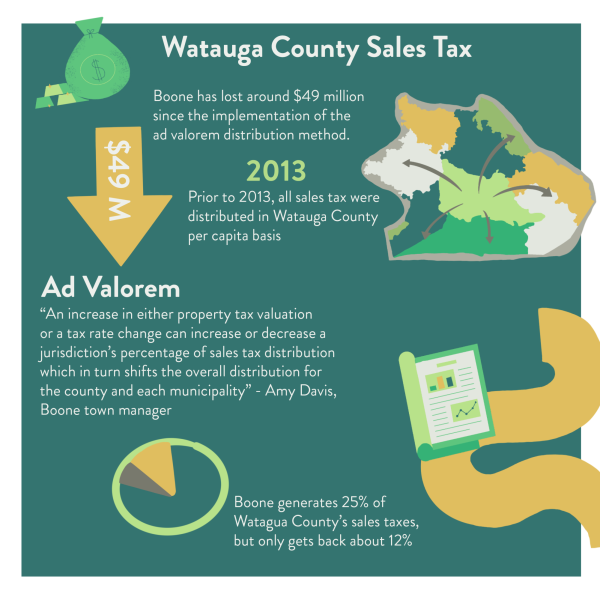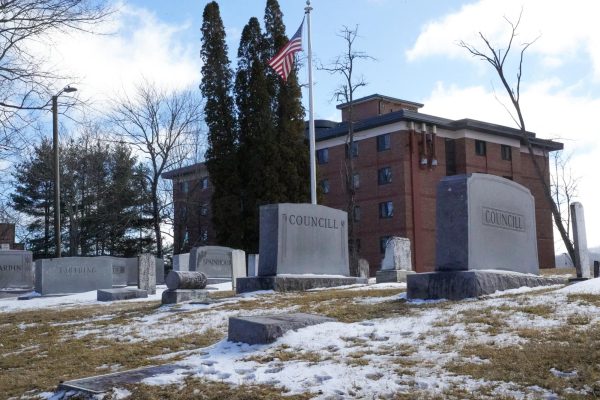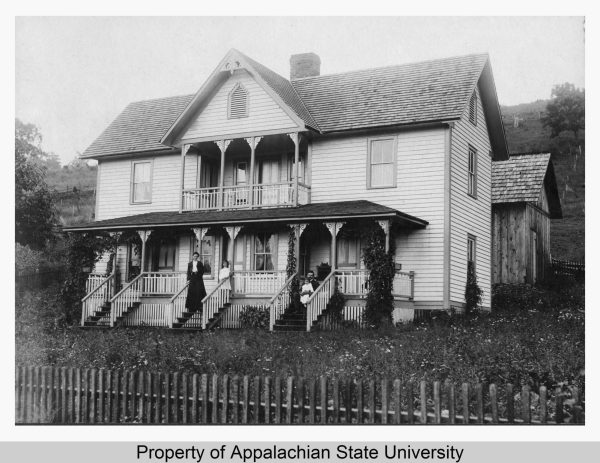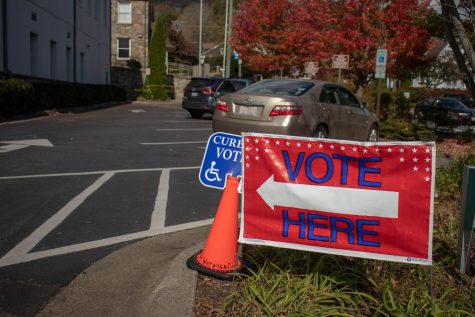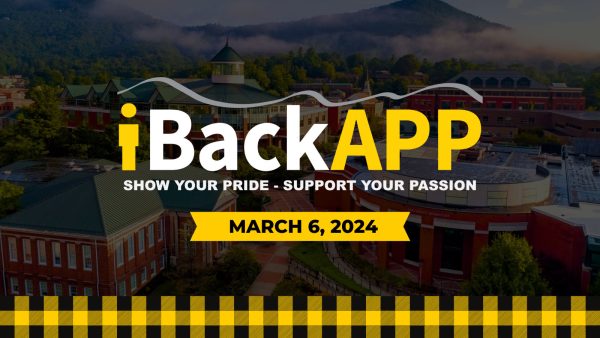Town of Boone working to become more accessible through ADA compliance
February 7, 2020
Boone residents are no stranger to sore calf muscles and a constant “uphill battle.” Boone’s terrain can make even the shortest trips difficult, especially for those who are physically disabled. That is why Boone is making an effort to comply with the Americans with Disabilities Act.
The ADA of 1990 is a “civil rights law that prohibits discrimination against individuals with disabilities in all areas of public life, including jobs, schools, transportation and all public and private places that are open to the general public,” according to the ADA National Network.
ADA compliance is no simple feat, especially with Boone’s complicated terrain. But, “Boone is ahead of the game,” Boone’s ADA director, Terry Story, said.
ADA standards originated in 1990, but “no one had really been enforcing it,” Story said.
Boone is working with Stewart Engineering to improve sidewalks, greenway trails and facilities for those with disabilities. The plan is to fix simple problems that will make a big difference.
Boone is also implementing changes in tours of historical buildings in the area. People who are unable to make it to the second floor of these buildings will have access to video tours.
“As long as you can give them that same feel,” Story said.
According to its website, Stewart Engineering works to build “healthy, equitable, resilient, and connected communities.” The company also works to adapt to “changing demographics, land use and mobility trends, environments, and technologies.”
Story said Boone will prioritize ADA transitions downtown.
The “Boone ADA Transition Plan Survey” on the Town of Boone website gathers information about the accessibility of Boone’s sidewalks and intersections to make necessary changes around town. The 12-question survey takes approximately 5-7 minutes to complete.
“We may not see everything, and that is what the survey is for,” Story said.
Candace Myers, a first-year student and secondary education major, sees issues everyday on campus while she walks to class.
“From a physical disability standpoint the whole campus itself is really really challenging even for me who is someone who can just normally walk around,” Myers said.
Myers commends the Reich College of Education for observing ADA guidelines.
“For those who have visual impairments it’s really good,” she said. “It announces every floor that you go to, whereas a lot of these other elevators don’t do that.”
Myers said building an inclusive community does not stop with accommodating physical disabilities, but intellectual disabilities as well.
Myers, who has autism, works hard to overcome cultural boundaries she faces having autism.
“I have a hard time talking about my disability because I’m so afraid people are going to judge me and you know, belittle me and just treat me differently,” Myers said.
One of the biggest dilemmas Myers faces is finding community.
Myers said she often feels “invisible” and doesn’t know anyone else like her.
She recommends that App State create a safe space for those with disabilities to have fellowship.
“In the student union, there is a center for LGBT students. There is a center for women. There is a center for those of multicultural backgrounds. But, there is not a real place that people with disabilities can go to and have a little safe place to be at and have a sense of community,” Myers said.
ODR could not be reached for comment by time of publication




